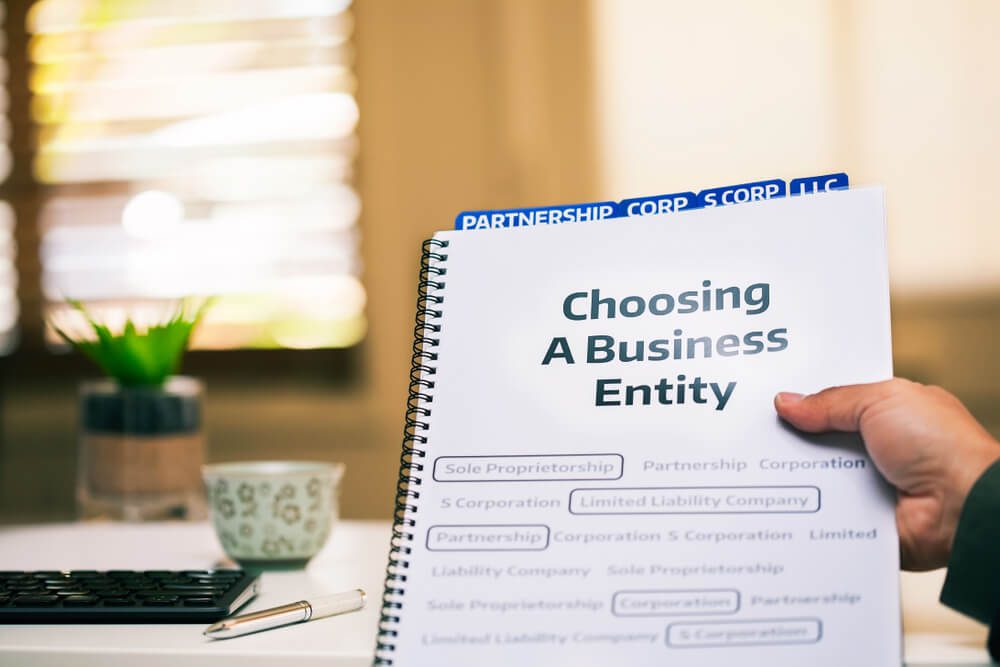If you wish to start a cleaning business, one of the biggest decisions that you’ll need to make is whether to trade as a sole proprietor, an LLC, or a corporation. Making the right choice here can help your business succeed, while the wrong one could cause serious issues later on.
In this guide, we’re going to take a look at each of these business structures and their pros and cons. We’ll cut through the jargon and show you which option is best for you and the growth of your business. Please note that it is always best to consult an attorney or CPA prior to making your final decision.
Are you ready to learn more? Then read on!
Sole Proprietorship
A sole proprietorship is the simplest kind of business to operate. When you work as a sole proprietor, your business is unincorporated and is essentially treated as an extension of yourself. This means that when tax season rolls around, your business’ income and losses affect your tax return.
While this is a very simple way to run your business, it does come with some risks too.
Should anything go wrong, liability will flow to you as income does. This means that if you damage someone’s house, cause an injury, or something else goes wrong, the claimant can sue you and receive compensation from you.
While being a sole proprietor is easy, once you start getting more clients, you should consider switching to one of the other types of business structures.
Limited Liability Company
A limited liability company, or LLC, is another very popular choice for small businesses. Forming an LLC has different requirements from state to state but you will generally need to fill in a lot more paperwork than if you were forming a sole proprietorship, and this will come with its own fees too.
However, the benefits of forming an LLC could be well worth it, with the most significant benefit being legal protection. The “limited liability” in the name should give you a clue: if you damage someone’s home or cause an injury, the company will be responsible, not you as an individual.
If you run an LLC alone, tax shouldn’t be much more complex than with a sole proprietorship. You may be able to submit earnings and losses as part of your yearly tax return.
Corporation
A less common, but still acceptable small business structure is the corporation. You might think that you need to be a huge multinational to become a corporation, but this is far from the truth.
The legal structure of a business that takes on the form of a corporation is as follows: there are one or more stockholders and a board of directors that are elected by the stockholders. There may only be one director.
A corporation doesn’t transfer to individual tax returns: it will need to file its own tax return and pay its employees a salary. This structure is very complex and should only be chosen if you’re getting a lot of investment from multiple different sources.
Which of These Business Structures Is Best?
We’ve looked at the three main types of business structures that small businesses typically form. Yet which is best for you? In general, a sole proprietorship is a good place to start but once you start getting more clients, you should switch to an LLC.
We’d recommend avoiding forming a corporation unless you are getting investment from many sources.
If you’re struggling to turn your cleaning business dreams into reality, we can help you. CBF Smart Start teaches you the fundamentals of starting your cleaning business the right way so you can get on the path toward becoming a Mop-Free Millionaire!

